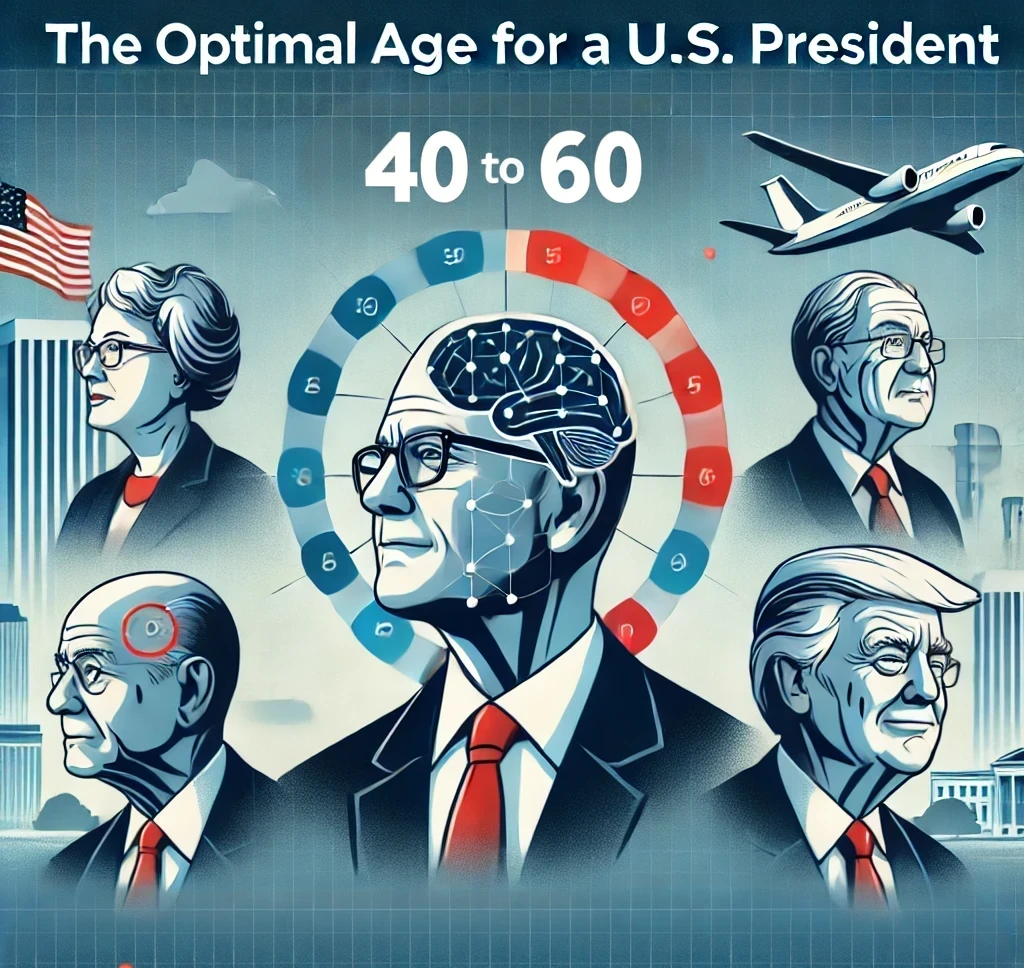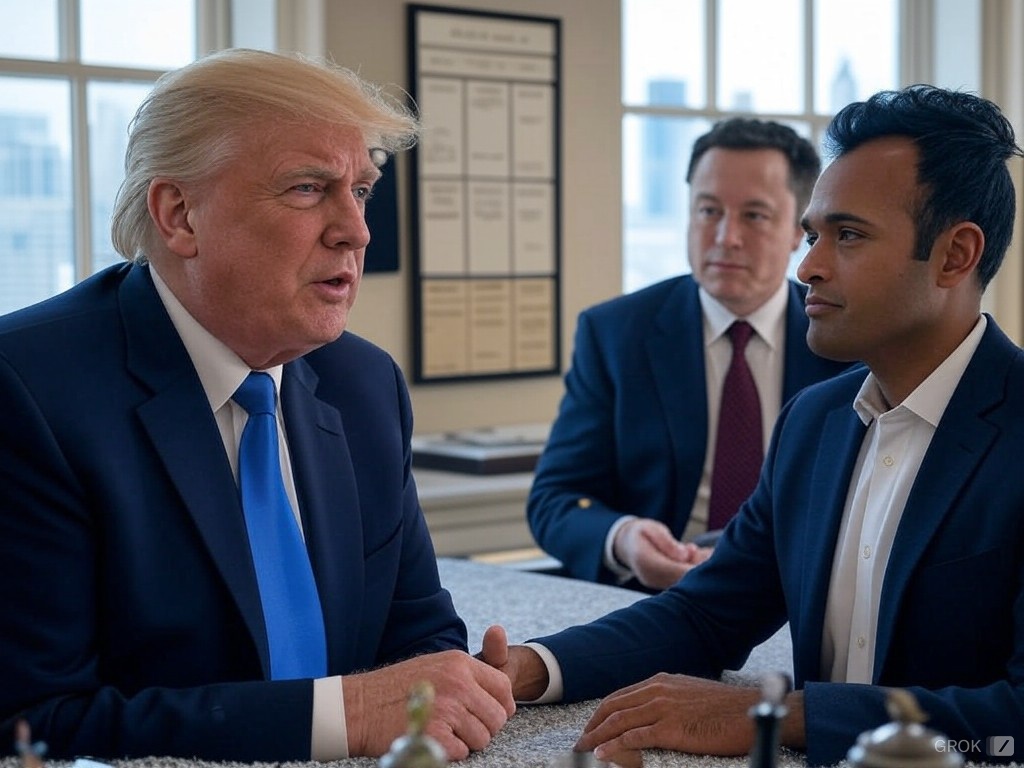The question of what age is ideal for a U.S. president is complex and multifaceted, involving not only physical health and experience but also cognitive abilities. Recent research on cognitive aging provides valuable insights that can help in understanding the age-related changes in cognitive functions and their implications for presidential performance.

A recent study published in a cognitive science journal examined how age affects speech disfluency, executive function, and overall cognitive performance. The study’s findings offer a detailed look at the cognitive aging process and its potential impact on high-stakes roles like the presidency and supreme court justices. The research demonstrates that cognitive processes, including speech fluency and executive function, tend to decline with age. The study employed a gamified Picture-Word Interference (PWI) task to measure these changes across different age groups.
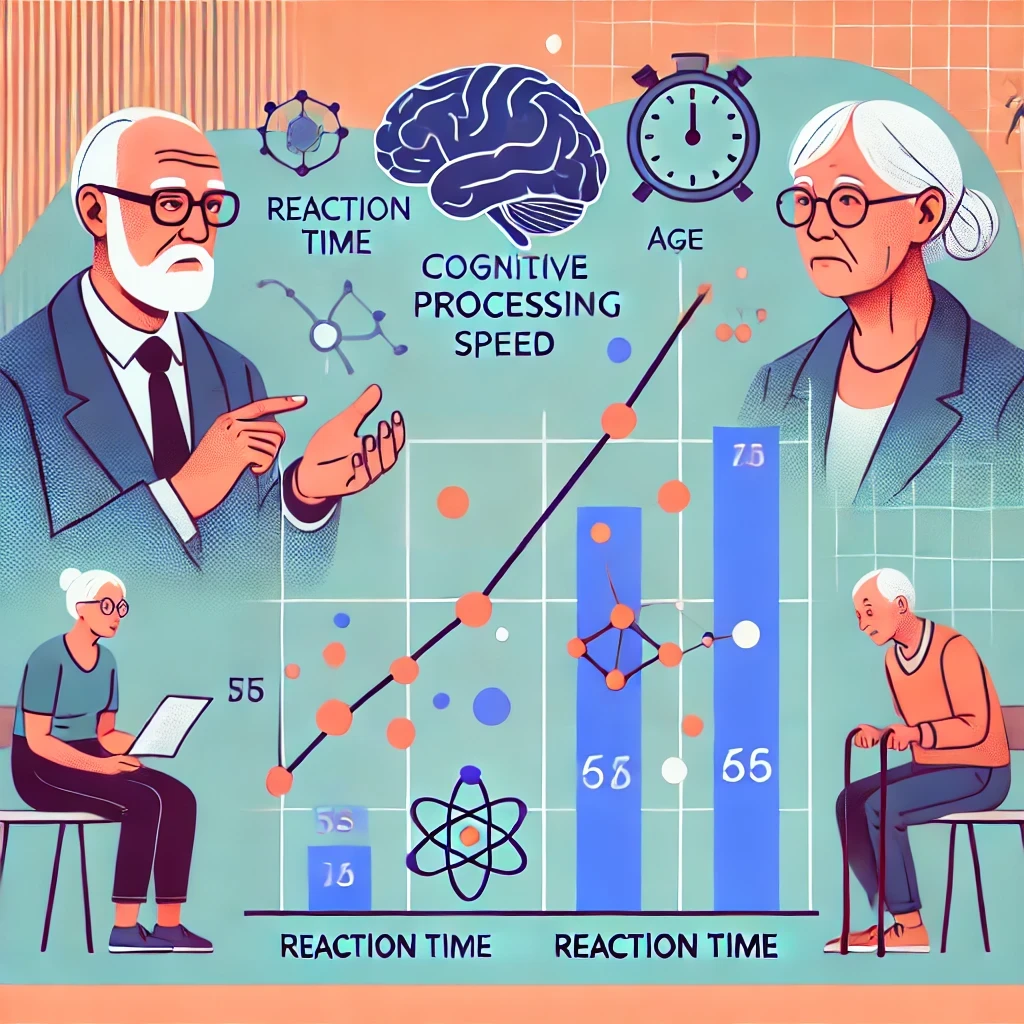
The findings indicate that cognitive processing speed declines with age, affecting reaction time and the ability to quickly retrieve information. Executive functions, including working memory, verbal fluency, and inhibitory control, also decline with age, impacting decision-making and multitasking abilities. While speech disfluencies increase with age, they do not necessarily correlate with a decline in accuracy or overall cognitive ability.

The study indicates that cognitive abilities peak in early adulthood and gradually decline from middle age onwards. However, the rate of decline and the ability to compensate for these changes vary significantly among individuals. Cognitive functions, including processing speed and executive function, are at their peak in early adulthood, particularly in the 20s and 30s. Individuals in this age range can quickly process information and adapt to new situations.

While there may be a slight decline in processing speed, executive function remains strong in the 40s and 50s. This age range combines cognitive agility with increasing experience and wisdom. More noticeable declines in processing speed and executive function are observed in the 60s and beyond. However, experience and strategic preparation can help mitigate some cognitive declines.
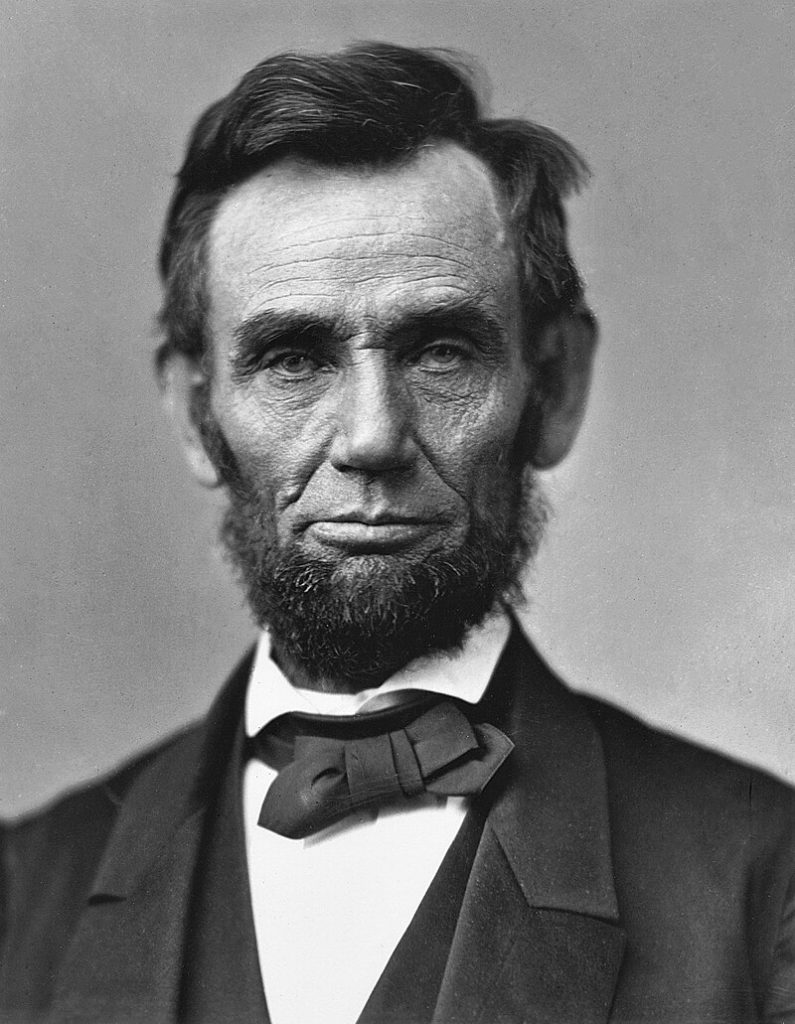
Historically, some of the most respected U.S. presidents have served at various ages. John F. Kennedy was 43 when he took office, bringing youthful energy and innovation. Theodore Roosevelt assumed the presidency at 42, becoming the youngest president in history and demonstrating dynamic leadership. On the other hand, Abraham Lincoln was 52 when he became president, and his extensive experience and strong leadership during a tumultuous period in American history remain widely admired. These examples illustrate that effective leadership can emerge at different stages of life, provided the individual can leverage their cognitive abilities and experience.
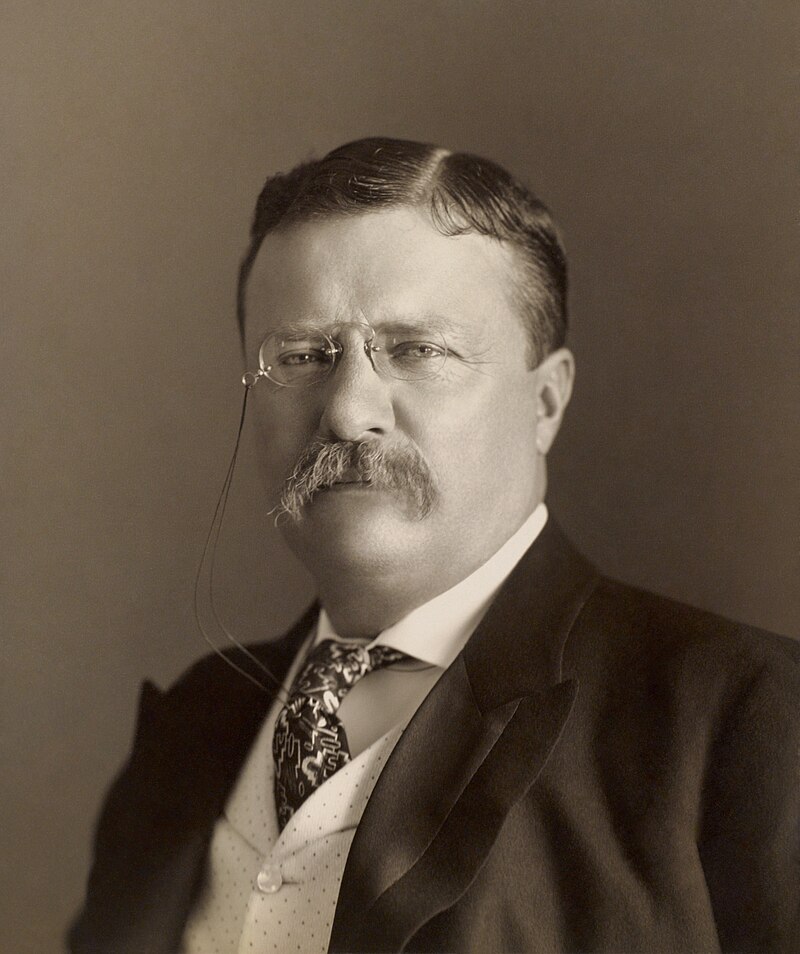
Given the cognitive aging process, it is essential to strike a balance between youthful cognitive agility and the wisdom that comes with experience. The ideal age for a president should consider both cognitive performance and the accumulated experience necessary for effective leadership. This age range likely represents the best balance between cognitive function and experience. Individuals in their 40s and 50s have typically acquired substantial experience and knowledge while retaining much of their cognitive agility.
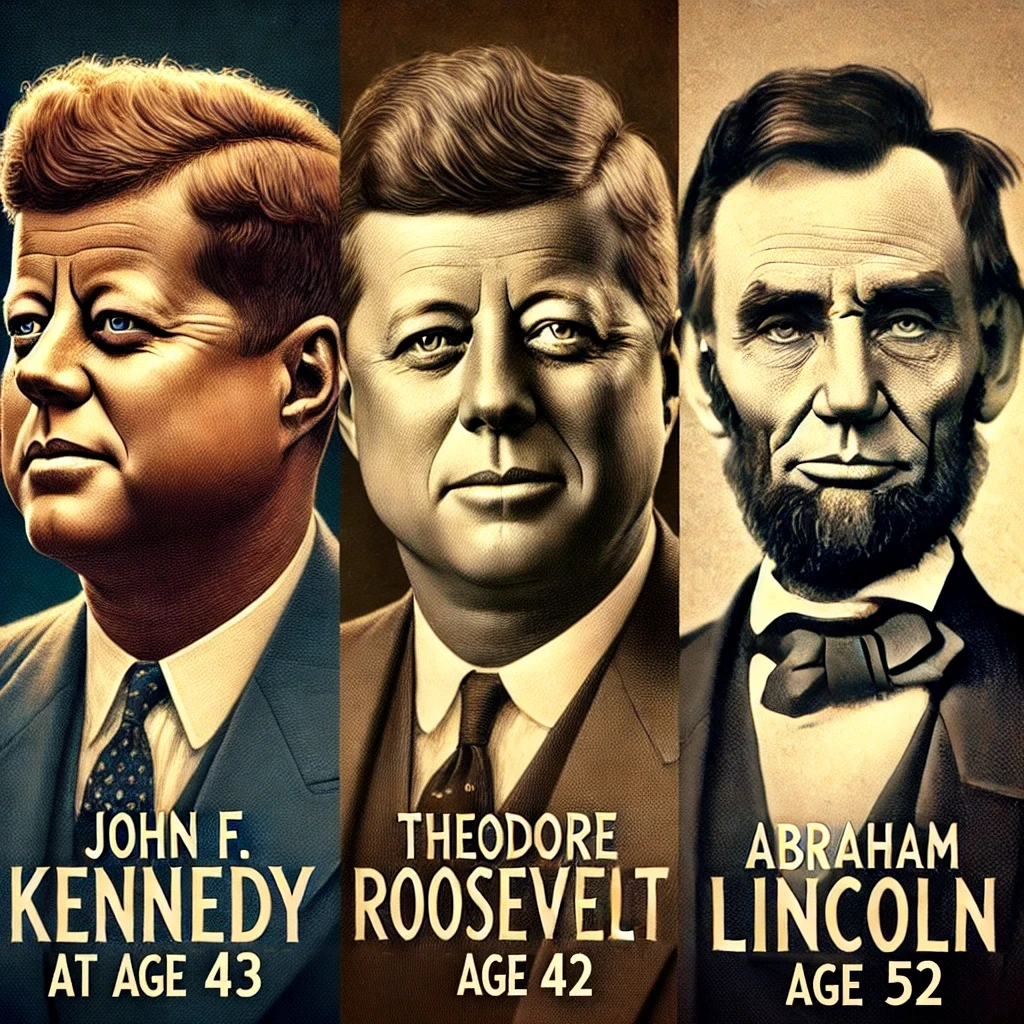
Younger presidents, under 40, have high cognitive agility, quick information processing, and adaptability. However, they may lack the experience and wisdom critical for making informed and balanced decisions. Older presidents, over 60, have extensive experience, deep knowledge, and strategic thinking, but declines in processing speed and executive function may impact decision-making and adaptability.
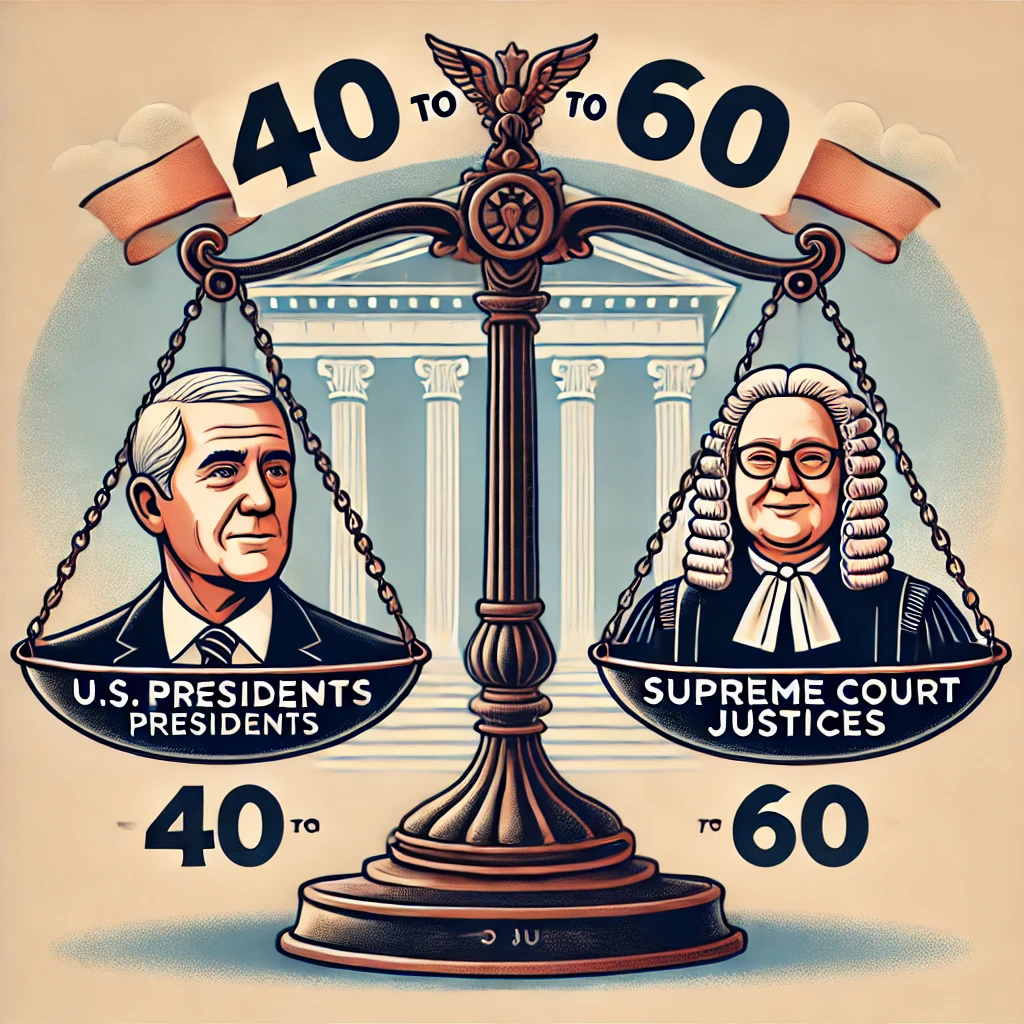
The study on cognitive aging suggests that the optimal age for a U.S. president falls between 40 and 60 years. This age range offers a balanced combination of cognitive agility and accumulated experience, essential for effective leadership. What holds true for Presidents regarding age would also hold true for Supreme Court Justices. It may be time to rethink the age requirements for retirement from positions of extreme power in our government.

Ultimately, while age is an important factor, the overall fitness for the presidency should be evaluated holistically, considering physical health, cognitive abilities, experience, and leadership skills. This comprehensive approach ensures that the most capable and well-rounded individuals lead the nation. For more details on the study, you can access it here.

